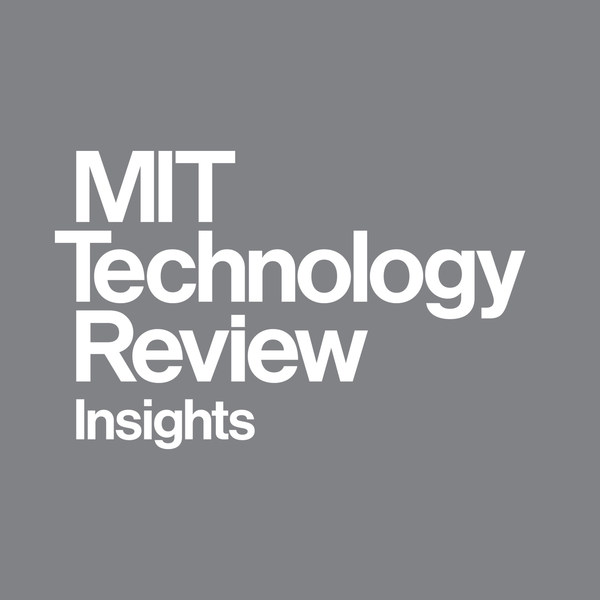 |
CAMBRIDGE, Mass., Oct. 17, 2024 /PRNewswire/ -- A new report by MIT Technology Review Insights reveals how generative AI has already transformed the SDLC-and what's coming next.
The report, "Transforming software with generative AI," is produced in partnership with Globant and is based on survey research conducted on businesses' use of generative AI in the SDLC. The 302 executive respondents represent a broad range of industries and work at organizations across the globe. The report also features in-depth interviews with industry experts from GitHub, Amazon Web Services, the International Data Corporation, MIT, Google, and Globant.
"There's an equivalency between what's going on with AI and when digital transformation first happened," observes Carolina Dolan Chandler, chief digital officer at Globant. "AI is an integral shift. It's going to affect every single job role in every single way. But it's going to be a long-term process."
The findings are as follows:
- Substantial gains from generative AI in the SDLC still lie ahead. Only 12% of surveyed business leaders say that the technology has "fundamentally" changed how they develop software today. Future gains, however, are widely anticipated: Thirty-eight percent of respondents believe generative AI will "substantially" change the SDLC across most organizations in one to three years.
- Use of generative AI in the SDLC is nearly universal, but adoption is not comprehensive. A full 94% of respondents say they're using generative AI for software development in some capacity. One-fifth (20%) describe generative AI as an "established, well-integrated part" of their SDLC, and one-third (33%) report it's "widely used" in at least part of their SDLC.
- Generative AI is not just for code generation. Writing software may be the most obvious use case, but most respondents (82%) report using generative AI in at least two phases of the SDLC, and one-quarter (26%) say they are using it across four or more.
- Generative AI is already meeting or exceeding expectations in the SDLC. Even with this room to grow in how fully they integrate generative AI into their software development workflows, 46% of survey respondents say generative AI is already meeting expectations.
- AI agents represent the next frontier. Looking to the future, almost half (49%) of leaders believe advanced AI tools, such as assistants and agents, will lead to efficiency gains or cost savings.
Click here to download the report.
For more information please contact:
Natasha Conteh
Head of Communications
MIT Technology Review Insights
natasha.conteh@technologyreview.com
About MIT Technology Review Insights
MIT Technology Review Insights is the custom publishing division of MIT Technology Review, the world's longest-running technology magazine, backed by the world's foremost technology institution-producing live events and research on the leading technology and business challenges of the day. Insights conducts qualitative and quantitative research and analysis in the U.S. and abroad and publishes a wide variety of content, including articles, reports, infographics, videos, and podcasts. And through its growing MIT Technology Review Global Insights Panel, Insights has unparalleled access to senior-level executives, innovators, and entrepreneurs worldwide for surveys and in-depth interviews.

